Hemorrhoids aren’t a topic for dinner conversation, but they’re an important health complication that deserves to be addressed. Hemorrhoids range from mildly uncomfortable to downright painful, and they can make your entire life more difficult and awkward. So what steps can you take to prevent hemorrhoids from developing?
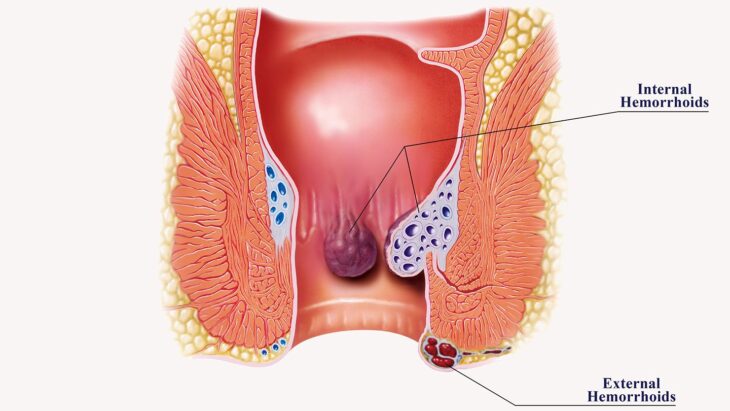
Source: everydayhealth.com
Contents
What Are Hemorrhoids?
In case you aren’t familiar, hemorrhoids are the term for swollen veins in a person’s anus and lower rectal area. They’re similar in structure to varicose veins and are sometimes called “piles,” but they can emerge as internal (inside the rectum) or external hemorrhoids (under the skin near the anus).
They are surprisingly common, with 75 percent of adults experiencing them at least occasionally. In many cases, they’re so small that they’re hardly noticeable. But in other cases, they can be large, painful, and disruptive to your everyday life.
These swollen veins can emerge with no warning and no easily identifiable underlying cause. But here’s the good news: there are ample preventative strategies that can help you prevent hemorrhoids or reduce their intensity.
Strategies to Prevent Hemorrhoids
These are some of the best tools you have to prevent them:
1. Use a bidet. According to Bidet Mate, you should use a bidet to clean yourself after using the bathroom. In the United States, it’s much more common for people to use toilet paper – but there are several problems with toilet paper. For starters, it’s much harder to get a thorough clean with toilet paper alone, so people tend to use a lot of it, wiping themselves many times in the process. Also, even high-quality toilet paper is more abrasive than a stream of water afforded to you by a bidet, increasing the likelihood of hemorrhoids forming.
2. Eat lots of foods high in fiber. Eating lots of fiber can benefit you in many ways. High-fiber diets support a healthy digestive system and softer stools, easing the process of defecating and making you more comfortable if you’re already dealing with hemorrhoids. There are many different sources of dietary fiber, such as vegetables, fruits, whole grains, and other whole foods. Just a few servings of fiber-rich foods each day can make a big difference.
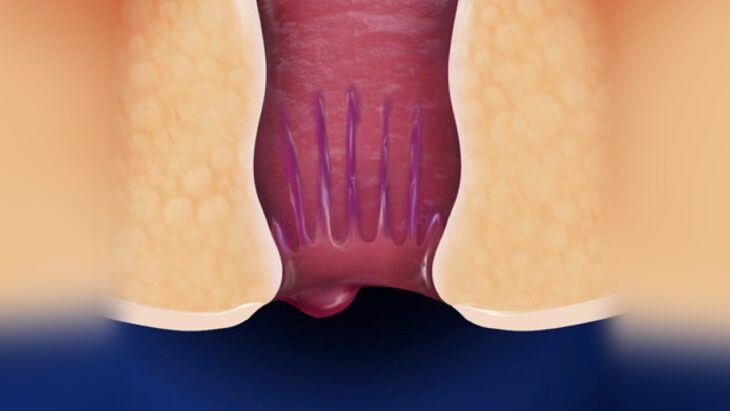
Source: carolinadigestive.com
3. Consider taking fiber supplements. Some people struggle to get the recommended amount of fiber in their diet each day, either because they have a distaste for high-fiber foods or because they don’t have the time or energy to prepare those types of meals. Fortunately, there’s an alternative solution; you can take fiber supplements to improve your fiber intake. The value to your digestive system is essentially the same as fiber derived from food. One word of caution: if you do take fiber supplements, it’s imperative that you drink plenty of water on the days you take them. Otherwise, you could end up being constipated, which can cause a variety of other health complications.
4. Drink plenty of fluids. If you want your digestive system to work smoothly, you need to consume plenty of fluids – and preferably water. Without adequate hydration, your stools can become harder and more compact, resulting in more damage that could result in hemorrhoids. Make sure you drink several glasses of water each day.
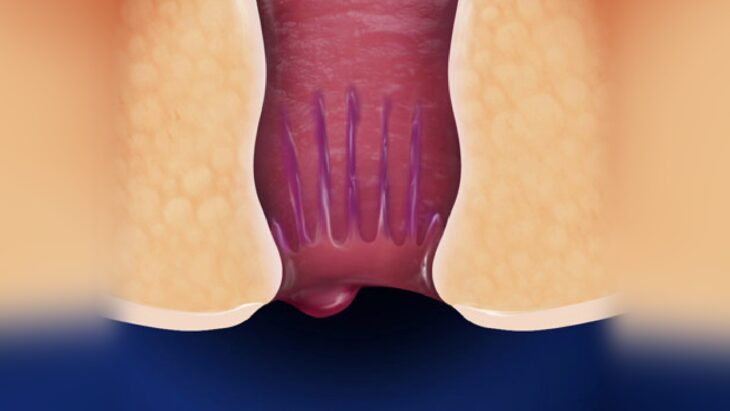
Source: carolinadigestive.com
5. Physically exercise. Physical exercise comes with so many benefits, it could be listed as a health recommendation for almost any topic. Exercising regularly can help you prevent hemorrhoids in several ways; for example, getting plenty of cardio can keep your digestive system moving and keep you regular. It’s also important for improving your circulation and relieving stress. If you’re not already exercising, commit to getting just 20 minutes of moderate activity each day.
6. Avoid sitting for prolonged periods of time. Sitting for an extended period of time can increase the amount of pressure on the veins in your anus and rectum, increasing your likelihood of developing hemorrhoids in the process. This is especially destructive if you’re sitting on the toilet. Take breaks from sitting as frequently as you can, and get in the habit of adjusting your position regularly.
7. Practice healthy bowel movements. Bowel movements may seem intuitive to the point of being common sense, but there are several unhealthy bowel movement habits that can increase your likelihood of developing hemorrhoids. For example, if you hold your bowel movement too long, or if you strain too hard when passing stools, you could make yourself more susceptible to hemorrhoids. Go to the bathroom as soon as you feel the urge, and do your best to let it pass naturally, rather than forcing it.
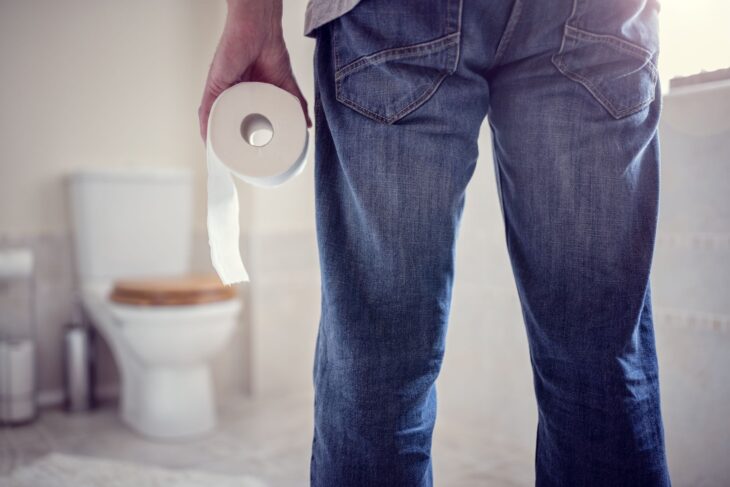
Source: osfhealthcare.org
Solutions for Relief
If you do develop hemorrhoids, there are several at-home solutions that may be able to provide you with relief.
- Topical creams and ointments. Over-the-counter (OTC) creams and ointments are specially formulated to treat hemorrhoids directly. In some cases, the cream merely provides superficial relief of pain and discomfort. Other formulas are designed to reduce the swelling and help the hemorrhoids shrink.
- A warm soak. If you don’t have any cream available, you can try soaking in a tub of warm water. It’s a simple strategy that many chronic hemorrhoid sufferers swear by.
- Oral pain relievers. If your hemorrhoids are causing you pain, you can temporarily relieve that pain with oral medications like acetaminophen or ibuprofen. However, you should only use these medicines as a temporary form of treatment; taking them too frequently could result in negative health consequences.
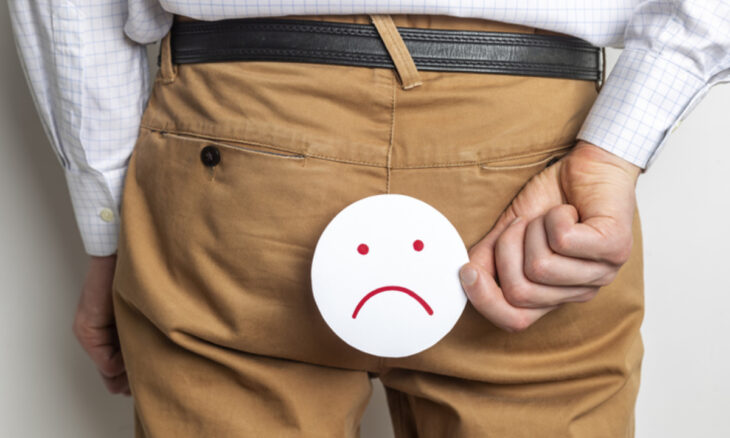
Source: dreamstime.com
Should You See a Doctor?
For most people, these simple prevention strategies are enough to mitigate the occurrence of hemorrhoids. But if your hemorrhoids are persistent or especially uncomfortable, it’s a good idea to see a doctor. Your doctor can help you figure out if your hemorrhoids are the result of an underlying health condition or if there’s no identifiable cause.
Just as importantly, they may be able to prescribe strong medications or treatments for your hemorrhoids; sometimes, surgery is the best option.
In any case, changing your lifestyle habits and upgrading your bathroom are often enough to minimize your chances of developing hemorrhoids. Commit to the changes in this article and your hemorrhoid problem may shrink – or disappear entirely.
